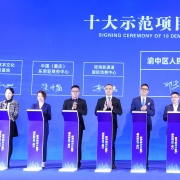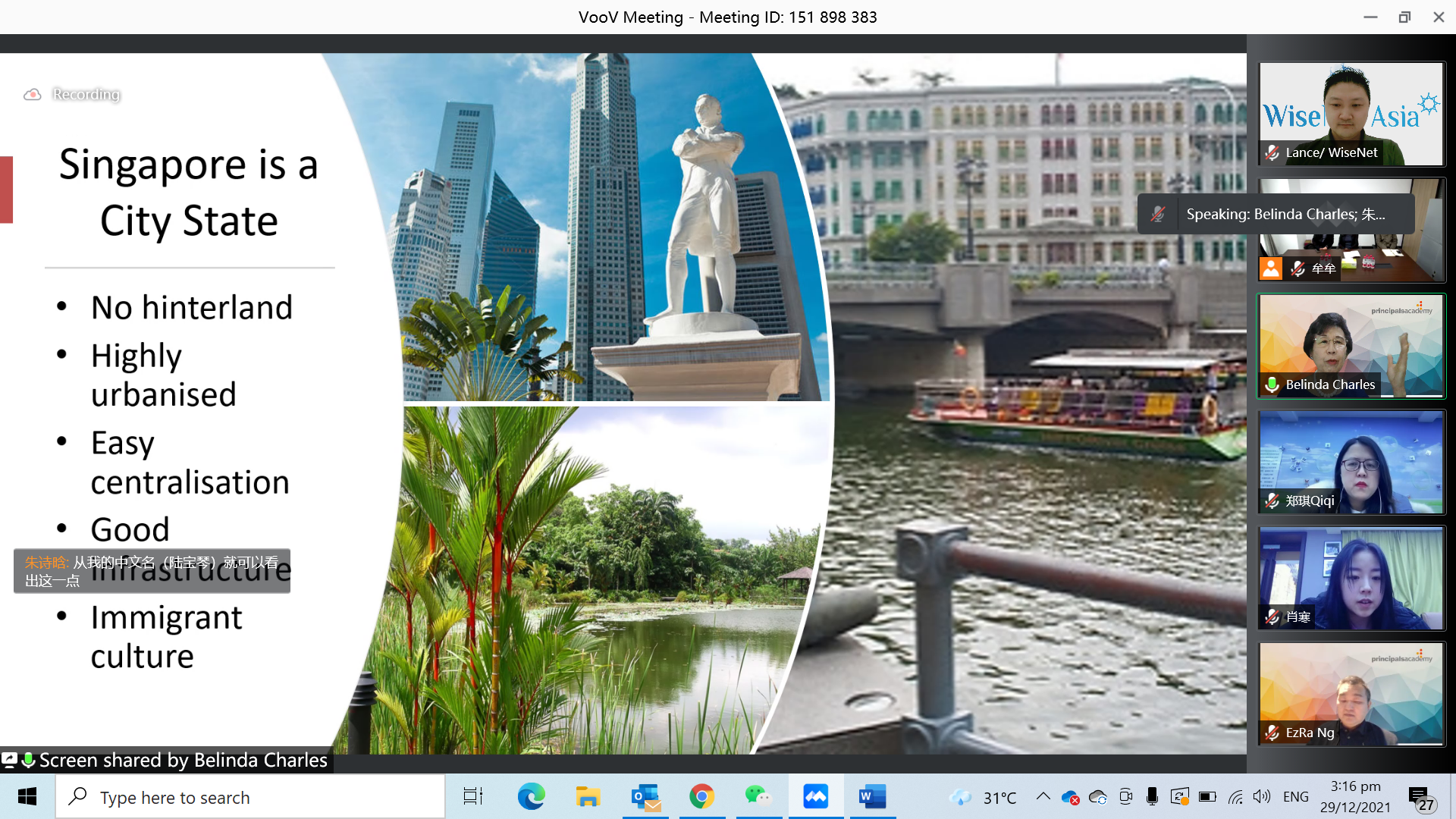WiseNetAsia Knowledge Center
Copyright © 2022 WiseNet Asia Pte Ltd. All Rights Reserved.
Mental wellbeing is becoming a top priority for many employees. A survey conducted by the Conference Board found that 59% of employees named stress and burnout as their top concern for wellbeing in the workplace. Employees are not enticed to work in an organization where mental health is not prioritized as they do not want to sacrifice their mental wellbeing in exchange for the financial goals of an organization.
Even at an endemic stage, there is an immense sense of anxiety in individuals that are stemmed from the prolonged uncertainties before, further inducing workplace stress which can lead to burnout, regardless of going to the office to work or working in hybrid mode.
How we cope with emotions and stress can truly affect our well-being, our community, our performance in the workplace, and with the people that we care about. It is crucial that we recognize what stress looks like, what are the steps that we should take to manage workplace stress and our emotions, and when to go to a professional to seek help if required.
Poor mental health can negatively affect an individual, which can lead to unnecessary stress, thus aggravating symptoms of anxiety and depression. An employee suffering from poor mental health will see a decline in job performance and productivity, a lack of engagement and communication with their co-workers, and a decrease in physical capability and daily functioning.
Furthermore, studies have shown that anxiety and depression are associated with higher rates of unemployment. Depression interferes with a person’s ability to complete physical jobs and reduces cognitive performance, only 57% of employees report moderate depression, and 40% of those with severe anxiety and depression actually receive professional treatment to control their symptoms.
How do we know if we are suffering from anxiety and depression? Here are some known common symptoms:
- Getting tired easily and feeling fatigued
- Difficulty concentrating on daily tasks
- Easily irritated by the smallest gesture
- Difficulty in falling or staying asleep, feeling restless
- Constant, irrational fear and worrying
- Rapid heartbeats, hot flashes, sweaty palms
- Changes in diet (eating too much or too little)
- Persistent feelings of sadness or worthlessness
- Inability to relax
- Loss of interest in hobbies and general activities
What can an employer do if they encounter an employee that requires mental support in the workplace? Employers can promote awareness about the significance of mental health and stress management. Health programs in the workplace have proven to be successful, especially if one merges mental and physical health interventions together.
For instance, an employer can always be vulnerable with their team members by being open and honest about their mental health struggles. When a leader creates a platform that is safe for employees to confide in them, employees will feel comfortable to bring up mental health challenges of their own. The universality of this experience will translate into a massive decline, if people, especially those in power, share their experiences by normalizing mental health stigma within the society.
Furthermore, an employer can also model healthy behaviors in the workplace. When a leader preaches about supporting mental health, their actions should follow suit. Employers have an obligation to do so, so that their employees can prioritize self-care and boundaries.
Generally, employers are too focused on their teams’ well-being that they forget to take good care of themselves. A simple sharing about them taking a break when needed, or turning off email notifications, or prioritizing a weekend getaway will encourage employees to do the same so that burnout can be avoided.
There is only so much an employer can do to support an employee’s mental health, and the rest are within the employee’s own grasp to get better from their current circumstances. Here are some highly effective methods to combat stress, anxiety, and depression in the long run.
- Adopting cognitive-behavioral therapy (CBT)
CBT is a treatment approach that has been proven to help individuals recognize negative or unhelpful thought and behavior patterns with the use of psychotherapy by a certified health professional. CBT helps to identify and explore the ways of an individual’s emotions and thoughts that are affecting their actions. Once the patterns have been identified, they can learn to reframe their thoughts in a positive manner.
- Exercising
Getting enough exercise in our daily routine can ease symptoms of anxiety and depression through the release of feel-good chemicals in the brain such as dopamine and endorphins, these chemicals help to enhance an individual’s wellbeing. It also assists in alleviating worries, fears and negative thoughts.
- Utilizing relaxation techniques
Mindfulness meditation is a method to slow down an individual’s racing mind and palpitating heart by letting go of negative thoughts. It aims to re-shift an individual’s mind to focus on the present state. This exercise usually requires an individual to sit in an upright position in a quiet room and focus on their breathing – it has been proven to ease symptoms of anxiety and depression therefore improving the quality of life
- Consult a psychiatrist to prescribe medication
If an individual is suffering from severe anxiety and depression and the above methods might not work for now, it is best that they seek help from a mental health practitioner and if necessary, have antidepressants prescribed to help reduce worsening symptoms.
In a nutshell, even though mental health issues are quite widely known around the globe, there are still rampant misconceptions about mental health within the community. Concerns are rising as there is a prolonged delay towards individuals who are seeking help or are currently receiving treatment, this is due to various kinds of mental health stigmas such as misconceptions or little acceptance in the society, social and cultural beliefs. Hence, overcoming stigma might be a challenge as there needs to be a constant effort in increasing public confidence to seek mental health support when needed.
—End—










 First things first, what exactly is personal branding? And how does personal branding affect a business or your career trajectory?
First things first, what exactly is personal branding? And how does personal branding affect a business or your career trajectory?






